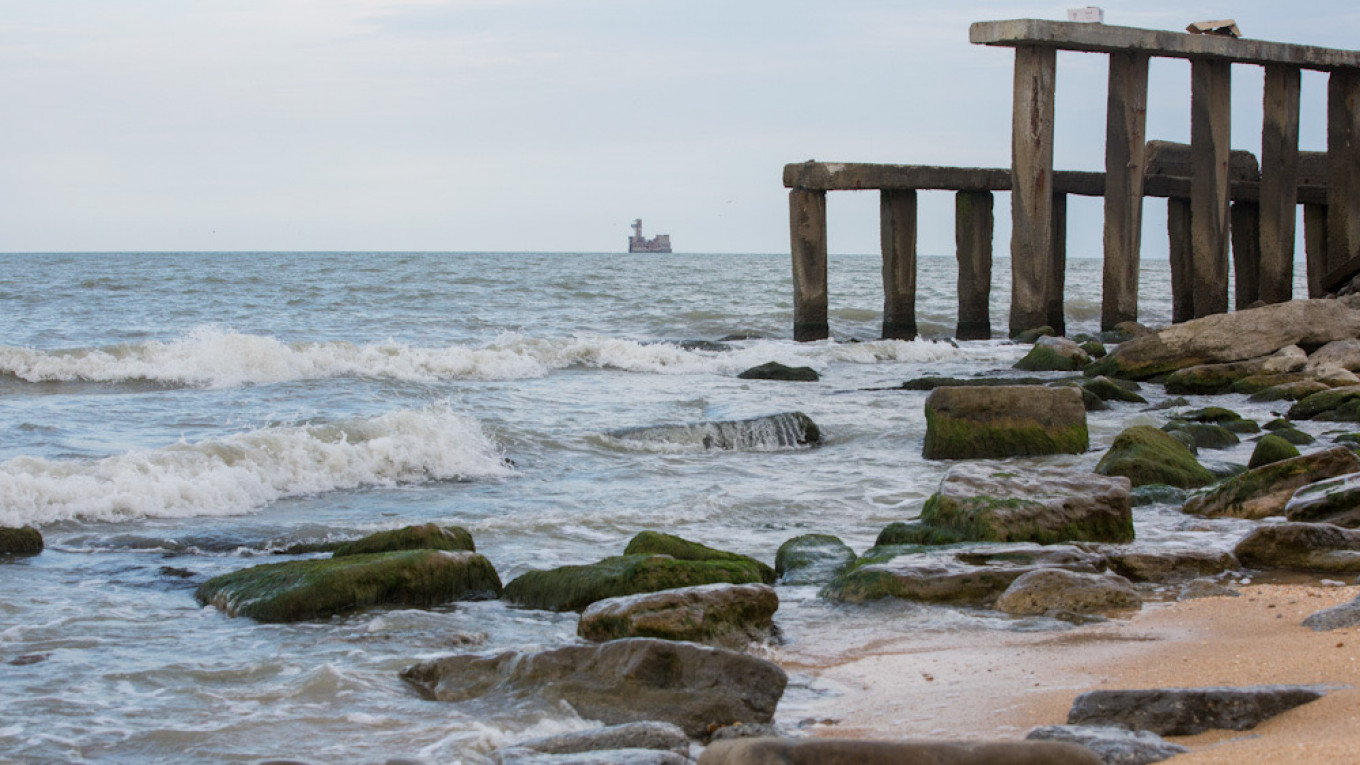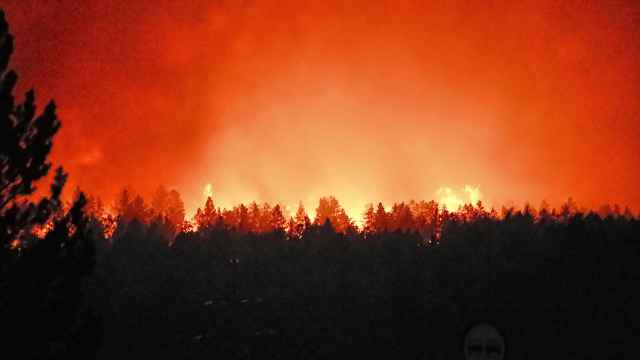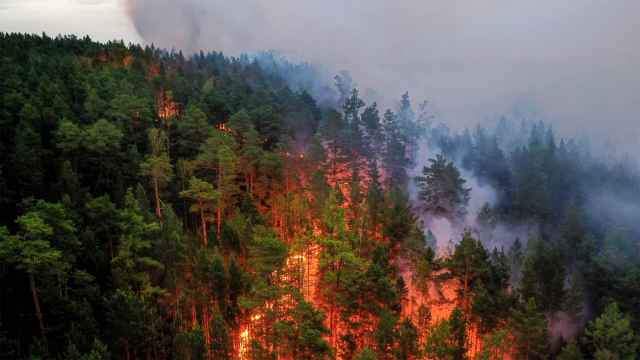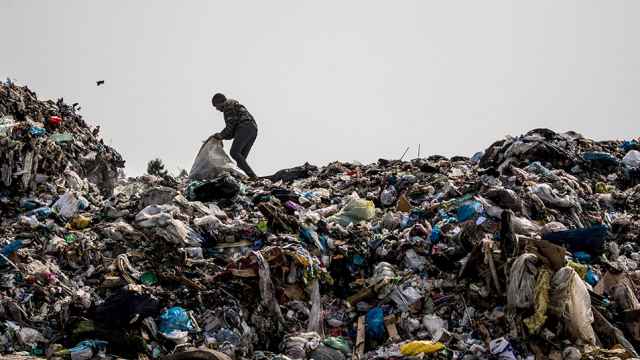Western European scientists are ringing the alarm as the Caspian Sea shrinks due to climate change, saying the falling water levels presage a fast-approaching ecocide and the loss of unique local species.
The Caspian Sea is the world’s largest inland body of water and borders southern Russia, Iran, Azerbaijan, Kazakhstan and Turkmenistan. By the end of the century, the lake is expected to shrink by about 25%, uncovering 93,000 square kilometers of dry land — comparable to the size of Portugal, according to scientists’ estimates.
These alarming rates of water level decline will threaten people, biodiversity and geopolitical stability in the Caspian Sea region, scientists Matthias Prange, Thomas Wilke & Frank P. Wesselingh wrote in the Communications Earth & Environment journal this week.
As rising temperatures brought on by climate change accelerate water evaporation even further, species such as the Caspian seal which is unique to the region will suffer.
About 99% of Caspian seal pups are raised on the winter ice of the northern Caspian. Yet both this winter ice and indeed the whole northern Caspian will disappear, the scientists said.
“While the climate-driven drying of continental interiors is recognized as an important problem in terms of fresh water scarcity, its impact on lake levels will have many other far-reaching consequences that are underappreciated, but affect the livelihoods and economies of millions of people all over the world,” the scientists said.
They added that solutions are limited as the sea’s falling water levels are tied to rising greenhouse gas emissions, a problem that can only be addressed through global cooperation.
“In Soviet times, large scale water diversions from Siberian rivers were proposed to deal with the shrinking Aral Sea to the east. But such large works – in the case of the Caspian Sea, a canal from the Black Sea might be considered – come with huge ecological and geopolitical risks,” the scientists wrote.
A Message from The Moscow Times:
Dear readers,
We are facing unprecedented challenges. Russia's Prosecutor General's Office has designated The Moscow Times as an "undesirable" organization, criminalizing our work and putting our staff at risk of prosecution. This follows our earlier unjust labeling as a "foreign agent."
These actions are direct attempts to silence independent journalism in Russia. The authorities claim our work "discredits the decisions of the Russian leadership." We see things differently: we strive to provide accurate, unbiased reporting on Russia.
We, the journalists of The Moscow Times, refuse to be silenced. But to continue our work, we need your help.
Your support, no matter how small, makes a world of difference. If you can, please support us monthly starting from just $2. It's quick to set up, and every contribution makes a significant impact.
By supporting The Moscow Times, you're defending open, independent journalism in the face of repression. Thank you for standing with us.
Remind me later.






